Asset management, property management, marketing, and legal all make up the Birgo Capital team. With expertise in acquisitions, legal, finance, operations, and property management, investors can be confident they’ve hired a skilled and dedicated team to preserve and grow their wealth.
Our newest content series will give you an introduction to our principals. First up is Josh Fischer, who leads our acquisitions and marketing teams.
Tell me a little bit about your background.
I grew up in the Greensburg area, and my grandpa owned a bunch of single family rental properties, so I grew up around real estate. I remember having breakfast with him on a Saturday morning – I was probably ten or eleven – and hearing a knock on the door as one of his tenants was bringing him that month’s rent. He smiled and said, “You’ve got to buy, real estate, Josh. I make money while I’m having breakfast. I make money while I’m asleep. Buy real estate.” He was a character, but I’ve never forgotten that.
What does your current role with Birgo Capital entail?
I’ve been overseeing acquisitions with Birgo Capital since the beginning of Fund I, so I do everything from tip of the spear prospecting, to deal analysis, negotiations, due diligence, and closing. I’m also overseeing raising equity for our funds, as well as our marketing.
Which has been more valuable in your career, your education or your experience?
I think it’s very in-vogue to say experience over education, but I really think it’s both. Schooling definitely didn’t teach me everything I’ve ever needed to know, but it helped me learn how to *think.* That’s been hugely valuable. I went to Grove City College, a liberal arts school, so I didn’t just take business classes – I also studied philosophy and the humanities. People can tend to scoff at that sort of thing and say it’s high brow and impractical, but as an investor, it helps to have a number of mental models that help you think deeply about a deal. But of course, there’s no question that experience has also been an invaluable teacher. Looking at your hundredth deal is a much different experience than looking at your first.
What's the best thing about your job?
I’ve always felt like I live at a rather strange intersection of “very interpersonal” and “highly analytical.” My role is a unique combination of both of those attributes. I get to meet new people on a daily basis, and I also get to think deeply about investment strategy.
What’s the best career decision you’ve ever made?
To take a risk on joining a fund run by two young guys who had scrounged together a couple of million bucks, and were pretty sure they were going to be able to raise more!
In all seriousness, joining Birgo in her nascent days felt a little risky at the time, but it’s paid off hugely both professionally and personally. I’ve had the privilege of seeing her grow through so many phases of a company life cycle, I’ve had the opportunity to help guide the ship along the way, and I’ve made lifelong friends. It’s been an incredible journey – almost five years so far – and if I ever retire, I fully expect it will be with Birgo. It’s an amazing company with an amazing team.
What skills have you found vital to your job?
The ability to focus on what you can control, and trust that effort will lead to outcome. It’s easy to get overwhelmed by a sales target, but I can’t sit down and get $30m of property under contract. What I can do is commit to a consistent number of weekly broker outreaches, a regular review of listings, showing up at the right events, etc., and then trust that deals will come as a result of consistent execution of those highest leverage activities. It’s really important to focus on separating your goals into lag goals - things like revenue or sales or occupancy - and lead measures - things like a daily number of phone calls that will convert to the achievement of the lag goal.
Is there a quote that motivates you?
“Spend each day trying to be a little wiser than you were when you woke up. Day by day, and at the end of the day – if you live long enough – like most people, you will get out of life what you deserve.” - Charlie Munger
Who inspires you?
My uncle is genuinely my favorite entrepreneur. He was a concert promoter in the ‘60’s-’90s, and promoted everyone from the Beatles to the Doors to the Rolling Stones. He was the first person to do a concert at a baseball stadium. A few years ago, I heard him make a comment on his birthday: “You know, 72 was the best year of my life. I can’t wait to see what I accomplish now that I’m 73.” That’s the kind of attitude he brings into every situation and every conversation. He is unbelievably, relentlessly positive, and has the strongest achievement mindset I’ve ever encountered. If he decides he’s going to do something, there isn’t a shred of doubt in his mind that it isn’t going to happen. I feel unbelievably privileged to be related to him and to have access to that type of a mentor. He recently wrote a book called Hard Days, Hard Nights - I’d highly recommend the read. Incredible insider stories of some of the biggest acts in rock history.
Teach me something I don’t know in the next minute.
When you’re slicing vegetables, don’t hold your fingers flat. Hold them perpendicular to the vegetable and curl them under a bit, so that the tips of your fingers are touching it, and run the blade of the knife down your fingers, pulling them farther and farther back as you slice. The way that most people do it makes you more likely to cut yourself - this way is much faster and safer and was a huge boost in my enjoyment of cooking. Here’s a quick video if you’re so inclined.
Favorite meal?
Spaghetti carbonara. I studied abroad in Florence, and the first time I had carbonara was a genuinely spiritual experience. The Italians know how to eat. Dinner is multiple hours, and it’s an art form.
What books or articles should I be reading?
You should read Farnam Street. It’s the smartest blog on the internet. The author believes in “mastering the best of what other people have already figured out,” and advocates for developing a latticework of mental models - basically, learning the two or three big ideas from every discipline, rather than only going deep in one. It’s incredibly insightful, and his weekly email blast is one of the best things in your inbox.
What advice do you have for someone new to the industry?
Keep your personal expenses low, and focus more on personal and professional growth than on money. When you’re just starting out, you should be asking “where can I learn as much as possible,” rather than “where can I make as much as possible?” You’re paid in exchange for creating value. If you optimize for getting into a position where you can learn as much as possible while you’re young and don’t have a lot of expenses, you will be better positioned to develop rare and valuable skills that are highly sought after – and compensated for – in the future.



